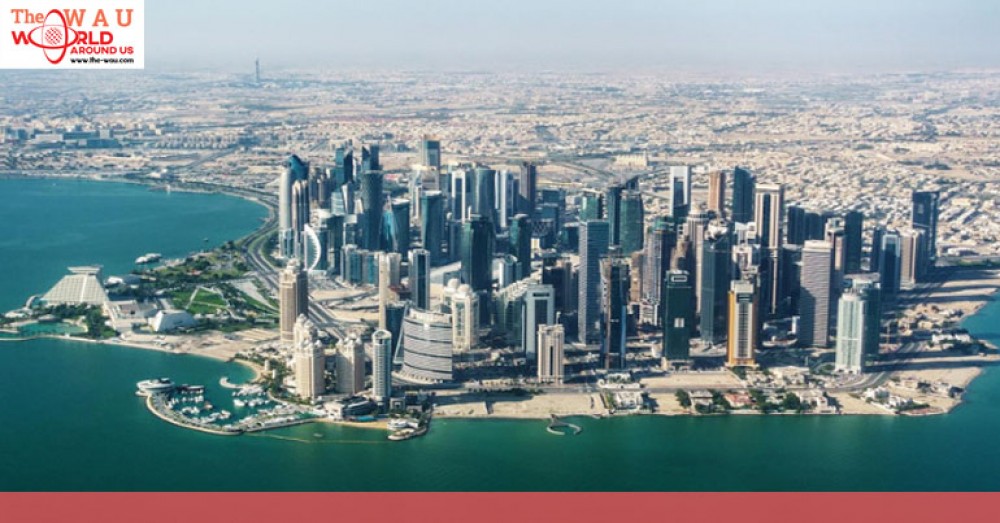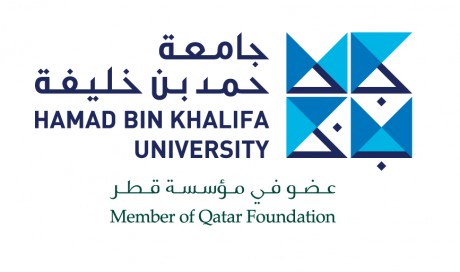Qatar's national news service was hacked on 23 May last year, signalling the start of the Gulf crisis. A year in, and Qatar is building new alliances
As Salwa Road leads closer towards the Qatar-Saudi border, traffic thins out considerably, until not a single car can be seen in either direction. The last petrol station before the crossing is deserted.
A year ago, this stretch of road would have been choked with trucks, but today, there is little reason to drive here. For the last 12 months, Riyadh and its Gulf allies have imposed a land, sea and air blockade on neighbouring Qatar in a bid for regional dominance.
Trade between Doha and the Saudi-led group has ceased, and citizens remain barred from travelling between Qatar and the blockading countries.
The Qatar blockade is part of a much larger puzzle - a Saudi and UAE-led redesign of the geopolitical landscape in the region
- Noha Aboueldahab, Brookings Doha Centre
In the heart of Doha, the effects of the siege are less visible. Grocery shelves are stocked with food, construction continues apace on roads and stadiums, and shopping centres buzz with activity.
In a recent report, the International Monetary Fund deemed the economic effects of the blockade to be “transitory”, noting that while foreign financing and resident private sector deposits fell by $40bn, this was offset by cash injections from the central bank and Qatar's sovereign wealth fund.
The blockade has forced Qatar to find alternatives to long-standing policies, both in terms of geopolitics and the basic functioning of its economy, analysts note.
Doha had to quickly pivot from relying on overland shipments across the Saudi border to airlifting certain items, including meat and dairy, from countries such as Turkey, and further developing its own domestic industries.
In this way, the blockade has helped to reduce Doha’s dependence on its Gulf Cooperation Council (GCC) neighbours, said Abdullah al-Arian, an assistant professor of history at Georgetown University's School of Foreign Service in Qatar.
“The GCC was always in a position where there was an attempt to try to forge a common approach to the region… [but] these states didn’t necessarily see eye to eye,” Arian told Middle East Eye.
“By making itself more self-sufficient, economically especially, this is allowing Qatar to finally forge its own path in a way that it was hindered from doing previously.”
The hack that started it all
The Gulf crisis began a year ago on 23 May, when hackers gained access to Qatar’s official media platform and posted false comments attributed to the country’s emir that were critical of US foreign policy.
Doha later denounced the alleged involvement of Abu Dhabi, citing “a clear violation and breach of international law and of the bilateral and collective agreements signed between the member states” of the GCC.
The situation swiftly deteriorated, with Saudi Arabia, the UAE, Bahrain and Egypt issuing a synchronised series of announcements on the morning of 5 June to cut ties with Doha.
...[ Continue to next page ]
Share This Post















